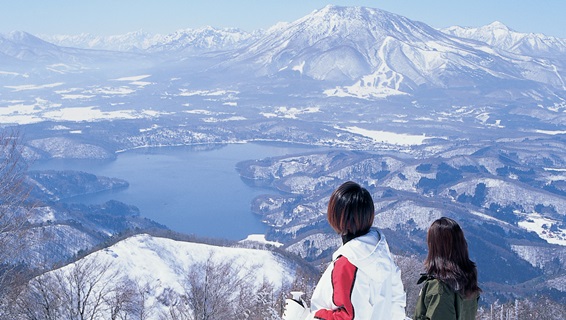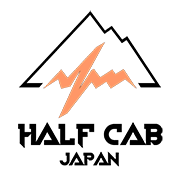Knowledge Sharing

Skiing Safety Tips
Are you thinking of skiing for the first time? Are you wondering whether to try snowboarding with a single board or a double board? We offer skiing lessons for both snowboarding styles. Whether you're a beginner taking your first steps on the slopes or an experienced rider looking to improve your skills, tackle jumps, or even pursue coaching qualifications, you can count on us!
While it's exciting to go skiing in Japan, it's important to remember that skiing is a sport with inherent risks. Before hitting the slopes, make sure to wear protective gear. Additionally, it is essential to purchase travel insurance that specifically covers skiing. When buying travel insurance, pay attention to whether the plan includes coverage for skiing activities. Otherwise, you may not be eligible for compensation in case of accidents or incidents.
■ Precautions before skiing:
- Please evaluate your own health condition to determine if you are suitable for skiing. If you are experiencing any physical discomfort or illness, it is not advisable to engage in skiing activities.
- Individuals with heart disease, high blood pressure, or acrophobia (fear of heights) are not recommended to participate in skiing activities.
- If you are experiencing emotional instability, low mood, or excessive excitement, it is not advisable to participate in skiing activities.
- Please thoroughly inspect your skiing equipment, including skis, poles, bindings, release mechanisms, and boots, to ensure they are in good and proper condition. If you notice any damage or if the equipment does not fit correctly, please request an immediate replacement.
- Engaging in sufficient warm-up exercises can help prevent sports injuries.
- It is important to avoid excessive alcohol consumption the day before skiing to ensure that your reaction and coordination abilities are not affected the next day.
■ Precautions during skiing:
If you experience any discomfort or issues while skiing, it is important to immediately inform your instructor or coach and seek their assistance in addressing the situation. They can provide guidance, support, or help arrange for any necessary medical attention if required. Communication with your instructor is crucial to ensure your safety and well-being on the slopes.
Ski Resort Safety Guidelines:
- Perform proper warm-up exercises to prepare your body and mind before engaging in any physical activity.
- Near the merging point, decelerate, stop, look, listen. After confirming it's safe, continue skating.
- The skier ahead cannot see behind, so they have the right of way on the ski slope.
- When overtaking the skier ahead, maintain a good distance to avoid collision accidents. If you see a warning sign, stop immediately, and after confirming the instructions on the sign, act accordingly.
- Maintain control of your speed to avoid colliding with obstacles.
- Snow equipment is designed to protect our safety. Incorrect usage can easily lead to injuries.
- When taking a break, please be mindful of others' safety. Avoid stopping in a location that obstructs the view of others or where they might not be able to see you.
- When riding the cable car, please pay attention to safety and avoid causing inconvenience to others.
- When it comes to clothing, prioritizing warmth and functionality is essential.
- In the event of an accident, first, position your snowboard above the accident site on the snow to prevent others from colliding. Do not leave the scene. Wait for medical personnel to arrive, hand over the scene to them, and explain the situation.
■After skiing:
- After skiing activities, please do stretch and relaxing exercises to avoid sports injuries.
- Check that you have not left any personal clothing or equipment behind, and remove any snow or ice from your equipment before entering the hotel.
- Get plenty of rest, drink plenty of water, and then engage in activities such as hot springs and shopping.
